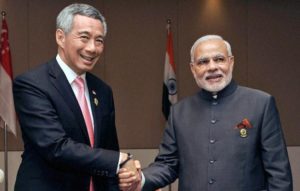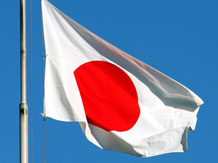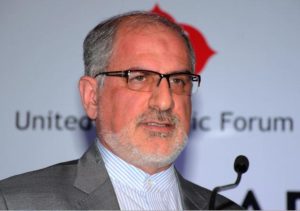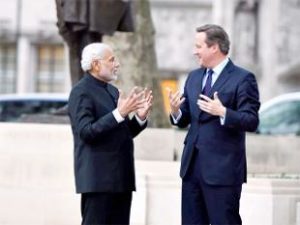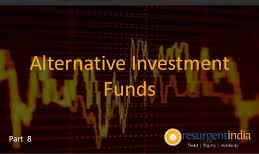 The move by the Reserve Bank of India (RBI) to allow foreign investment into alternative investment funds (AIFs) through the automatic route is likely to boost inflows.
The move by the Reserve Bank of India (RBI) to allow foreign investment into alternative investment funds (AIFs) through the automatic route is likely to boost inflows.
In a notification on Thursday, the central bank said those residing outside India (including a registered foreign portfolio investor or a non-resident Indian) might acquire, purchase, hold, sell or transfer units of an AIF. Downstream investment by an AIF shall not be regarded as foreign investment if the sponsor or the manager or the investment manager is ‘owned and controlled’ by Indian.
“The notification paves the way for foreign money to come into AIFs without the Foreign Investment Planning Board (FIPB)’s intervention and be treated as domestic capital, subject to conditions. This could lead to a fresh surge of foreign flows in Indian listed and unlisted securities,” said Tejesh Chitlangi, partner, IC Legal.
Earlier, every foreign investment proposal in AIFs had to be cleared by FIPB. In some cases, foreign investments would suffer due to the sectoral limits being hit.
Importantly, the amendment provides that downstream investments by such investment vehicles, sponsored or managed by Indian-owned and controlled entities, will be treated as domestic investment. With this, investment vehicles so sponsored or managed will be free to invest in all sectors, without any of the sectoral restrictions imposed under the Foreign Direct Investment rules.

“Overall, this is an extremely positive development and it is hoped that this is followed with suitable tweaks to the tax laws to address certain vexed issues surrounding these investment vehicles,” added Kalpesh Maroo, partner, BMR and Associates LLP.
However, there is one caveat that could be a hindrance. RBI has said this easing of foreign investment won’t be applicable for limited liability partnerships (LLPs), as it would be difficult to determine the Indian sponsors in such structures. And, 60 per cent of the assets in AIFs are sponsored through LLPs.
“There is a caveat in the regulations that the Securities and Exchange Board of India (Sebi) is the regulator to determine the sponsor of these investment pooling instruments. We will approach Sebi for checking on the Indian nationality of the sponsors,” said a legal expert, requesting anonymity. Sectoral sources say close to 200 AIFs operate out of India.

